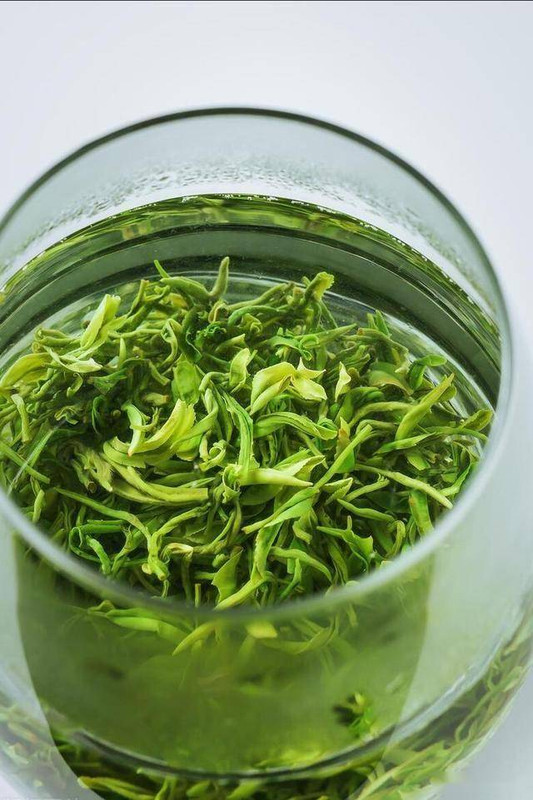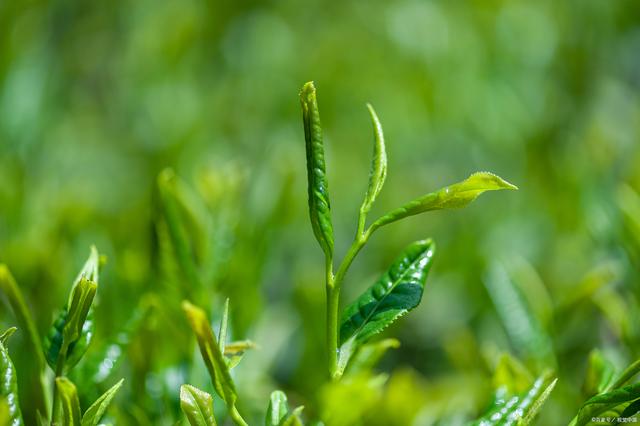While green tea is celebrated for its rich antioxidants and potential health benefits, certain situations warrant caution or avoidance. Understanding these contraindications ensures safe consumption:

1. Caffeine Sensitivity or Intolerance
Green tea contains 20-45 mg of caffeine per cup (similar to coffee). Individuals with caffeine sensitivity may experience:
- Jitters, anxiety, or insomnia (especially when consumed late in the day).
- Rapid heartbeat or palpitations.
- Headaches or nausea.
Advice: Opt for decaffeinated green tea or limit intake to 1-2 cups daily.
2. Anemia or Iron Deficiency
Green tea’s tannins inhibit iron absorption, worsening anemia. Avoid drinking it with meals or supplements containing iron.
Scientific Basis: Studies show a 60-70% reduction in iron absorption when consumed with tea.
3. Gastrointestinal Issues
- Acid Reflux/GERD: Caffeine and tannins may relax the esophageal sphincter, exacerbating symptoms.
- Peptic Ulcers: Caffeine stimulates gastric acid secretion.
- IBS: Tannins may worsen diarrhea or bloating in sensitive individuals.
Recommendation: Drink green tea between meals, not on an empty stomach.
4. Pregnancy and Lactation
- Pregnant Women: Excessive caffeine (>200 mg/day) is linked to low birth weight. Limit to 1-2 cups daily.
- Breastfeeding: Caffeine passes into breast milk and may cause irritability in infants.
Caution: Consult a healthcare provider before regular consumption.
5. Liver or Kidney Disease
- Liver Conditions: Green tea’s catechins may overburden the liver in hepatitis or cirrhosis.
- Kidney Stones: High oxalate content may promote stone formation in susceptible individuals.
Medical Advice: Avoid or use under medical supervision.
6. Drug Interactions
Green tea may interfere with medications metabolized by the liver’s CYP450 enzymes:
- Blood Thinners (Warfarin): Increases bleeding risk.
- Antidepressants (SSRIs): Amplifies caffeine’s stimulant effects.
- Chemotherapy Drugs: Catechins may reduce efficacy.
Critical: Always inform your doctor of tea consumption during treatment.
7. Overconsumption Risks
- Caffeine Overload: More than 5 cups/day may lead to dependency, dehydration, or cardiovascular strain.
- Nutrient Imbalances: Excessive tannins may hinder absorption of folate and calcium.
8. Allergies
Rare cases of allergic reactions to tea proteins or pollen cross-contamination (e.g., matcha). Symptoms include rash, itching, or swelling.
9. High-Temperature Brewing
Steeping green tea at >80°C (176°F) releases more tannins, increasing bitterness and irritation risk.
Optimal: Brew at 70-80°C (158-176°F) for 2-3 minutes.
10. Children and Adolescents
Limit caffeine intake due to smaller body mass. Excessive consumption may disrupt sleep patterns or behavior.
Final Recommendations
- Moderation: 3-4 cups daily (240-360 mg caffeine max).
- Timing: Avoid late-day consumption to prevent sleep disturbances.
- Consult Professionals: Discuss with doctors or nutritionists if on medication, pregnant, or managing chronic conditions.
By mindfully navigating these contraindications, green tea can remain a beneficial part of a balanced lifestyle. 🍵✨



